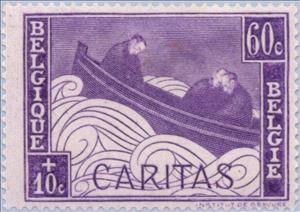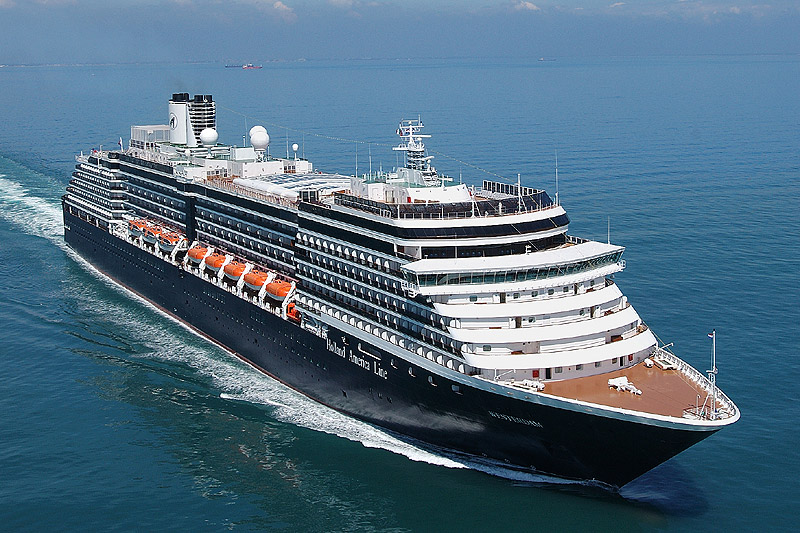Stamp: Ship (Belgium 1927)
Ship (Belgium 1927)
01 January (Belgium ) within release Ship goes into circulation Stamp Ship face value 60+10 Belgian centime
| Stamp Ship in catalogues | |
|---|---|
| Michel: | Mi:BE 232 |
| Stamp Number: | Sn:BE B66 |
| Yvert et Tellier: | Yt:BE 251 |
| Belgium: | Bel:BE 251 |
Stamp is square format.
Also in the issue Ship:
- Stamp - Ship face value 60+10;
- Stamp - Ship face value 25+10;
- Stamp - Ship face value 35+10;
- Stamp - Ship face value 1.75+0.25;
- Stamp - Ship face value 5+1;
|
Data entry completed
53%
|
|
|---|---|
| Stamp Ship in digits | |
| Country: | Belgium |
| Date: | 1927-01-01 |
| Perforation: | 11½ |
| Emission: | Semi-postals |
| Format: | Stamp |
| Face Value: | 60+10 Belgian centime |
| Print run: | 899068 |
Stamp Ship it reflects the thematic directions:
A ship is a large watercraft that travels the world's oceans and other sufficiently deep waterways, carrying passengers or goods, or in support of specialized missions, such as defense, research and fishing. Historically, a "ship" was a sailing vessel with at least three square-rigged masts and a full bowsprit. Ships are generally distinguished from boats, based on size, shape and load capacity.
Rowing is the act of propelling a human-powered watercraft using the sweeping motions of oars to displace water and generate reactional propulsion. Rowing is functionally similar to paddling, but rowing requires oars to be mechanically attached to the boat, and the rower drives the oar like a lever, exerting force in the same direction as the boat's travel; while paddles are completely hand-held and have no attachment to the boat, and are driven like a cantilever, exerting force opposite to the intended direction of the boat.
World War I or the First World War (28 July 1914 – 11 November 1918), also known as the Great War, was a global conflict between two coalitions: the Allies (or Entente) and the Central Powers. Main areas of conflict included Europe and the Middle East, as well as parts of Africa and the Asia-Pacific. There were important developments in weaponry including tanks, aircraft, artillery, machine guns, and chemical weapons. One of the deadliest conflicts in history, it resulted in an estimated 30 million military casualties, plus another 8 million civilian deaths from war-related causes and genocide. The movement of large numbers of people was a major factor in the deadly Spanish flu pandemic.


